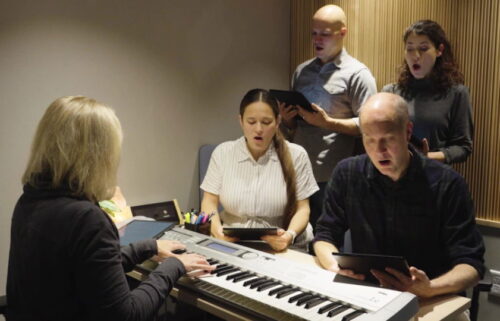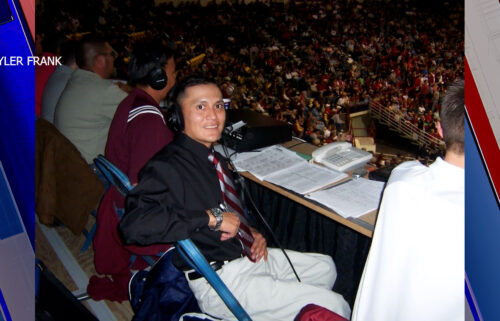Arsenal Museum celebrates the women who have worked on the Island from WWI to today
Click here for updates on this story
ROCK ISLAND ARSENAL, Illinois (WQAD) — The Rock Island Arsenal Museum has just launched a “Women Workers at Rock Island Arsenal” virtual exhibit which shines a light on the women who have worked at the arsenal and brings to light stories which have not previously been told and bring them to light.
“Within public history, within the museum field and within our general conversations about how we represent society when we are talking about the history there certainly is a shift to make sure that those voices or those stories that were previously unheard are now heard,” said, Patrick Allie, Director at the Rock Island Arsenal Museum.
You take a look at stories of women who have gone the extra mile and helped to speed up production during a time when the time was literally of the essence.
During World War One is when we can see a lot of firsts for the Arsenal. In September of 1918, the first female motorcycle driver, Cora De Wilfond of Rock Island, was hired and her job was to do “hurry up deliveries” for the island which basically meant she would help by shipping parts or tools from one side of the island to the other.
On May 20, 1918, the first 100 women were employed as shop workers for the fuse department. During the time the U.S. was still segregated and so photos of women in the same department were also separated by race even though they worked in the same department.
Allie said, “women were also hired in the munitions plant, there made 155 mm Howitzer shells, it’s actually the only time they made munitions on the Arsenal. In the fuse department, you had to take the fuse and place it into the shell… the idea is that women because they did things like needlework and fine work with their fingers, would be perfectly suited for placing tiny fuses into artillery shells.”
Allie tells News 8, that the exhibit is virtual for now, but once the Arsenal Museum has completed their $1.5 Million renovation project paid for by the Department of Defence, the work will be woven into all of the other exhibits. Allie said, “incorporated these stories of diversity, these stories and weave them in, you know, it shouldn’t have to be a call out, it should just be part of the entire interpretation which is how we planned it in the new exhibit so you’ll get stories of people of color, you’ll get stories or women, you’ll get a wide range of experiences of all of those folks who have ever served or worked at the Arsenal”.
Please note: This content carries a strict local market embargo. If you share the same market as the contributor of this article, you may not use it on any platform.




